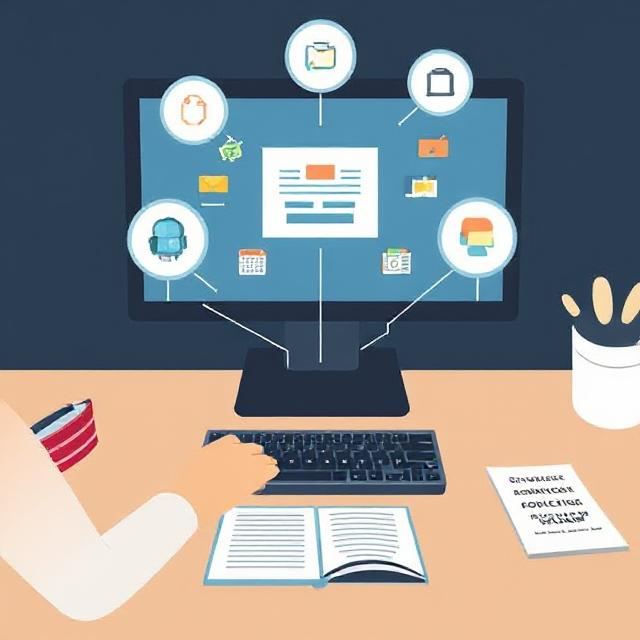The Growing Importance of Digital Literacy in Education

In today's rapidly evolving digital landscape, digital literacy has become an indispensable skill for students of all ages. No longer just a "nice-to-have," it's now a "must-have" for success in academics, careers, and even everyday life. This blog post explores why digital literacy is so crucial in education and how we can empower students to thrive in the digital age.
What is Digital Literacy?

Digital literacy encompasses more than just knowing how to use a computer or a smartphone. It's the ability to effectively and responsibly use digital technologies to find, evaluate, create, and communicate information. It includes skills such as:
- Information Literacy: Critically evaluating online information and identifying credible sources.
- Communication and Collaboration: Using digital tools to communicate effectively and collaborate with others.
- Content Creation: Creating and sharing digital content responsibly and ethically.
- Problem-Solving: Using technology to solve problems and find solutions.
- Safety and Ethics: Understanding online safety risks and practicing ethical digital behavior.

Why is Digital Literacy Important in Education?
- Preparing Students for the Future: The modern workplace is heavily reliant on digital technologies. Students need strong digital literacy skills to succeed in their careers, regardless of the field they choose.
- Enhancing Learning: Digital tools can make learning more engaging, interactive, and personalized. From online learning platforms to educational apps, technology can enhance the learning experience for all students.
- Access to Information: The internet provides access to a vast amount of information. Digital literacy skills enable students to navigate this information effectively and find what they

How Can We Promote Digital Literacy in Education?
- Integrate Digital Literacy into the Curriculum: Digital literacy should be integrated into all subjects, not just computer science classes.
- Provide Professional Development for Teachers: Teachers need training and support to effectively teach digital literacy skills.
- Create a Supportive Learning Environment: Schools need to provide access to technology and create a learning environment where students can practice and develop their digital literacy skills.
- Engage Parents and the Community: Parents and the community can play a vital role in supporting digital literacy development.

Conclusion
Digital literacy is no longer optional; it's an essential skill for success in the 21st century. By prioritizing digital literacy education, we can empower students to thrive in the digital age and prepare them for a bright future. Let's work together to ensure that all students have the digital skills they need to succeed.








